Extra Challenge Tracing worksheets activities for Ages 4-8
20 filtered results
-
From - To
Unlock your child’s potential with our Extra Challenge Tracing Worksheets, specially designed for ages 4-8. These engaging activities enhance fine motor skills and improve handwriting through fun, age-appropriate tracing tasks. From letters and numbers to playful shapes and delightful pictures, each worksheet offers a stimulating challenge that keeps kids motivated while they learn. Perfect for home or classroom use, our worksheets provide valuable practice that supports early literacy and numeracy development. With a variety of topics and difficulty levels, these tracing activities foster creativity and boost confidence. Download today to make learning an exciting adventure for your child!


Letter A Tracing Page
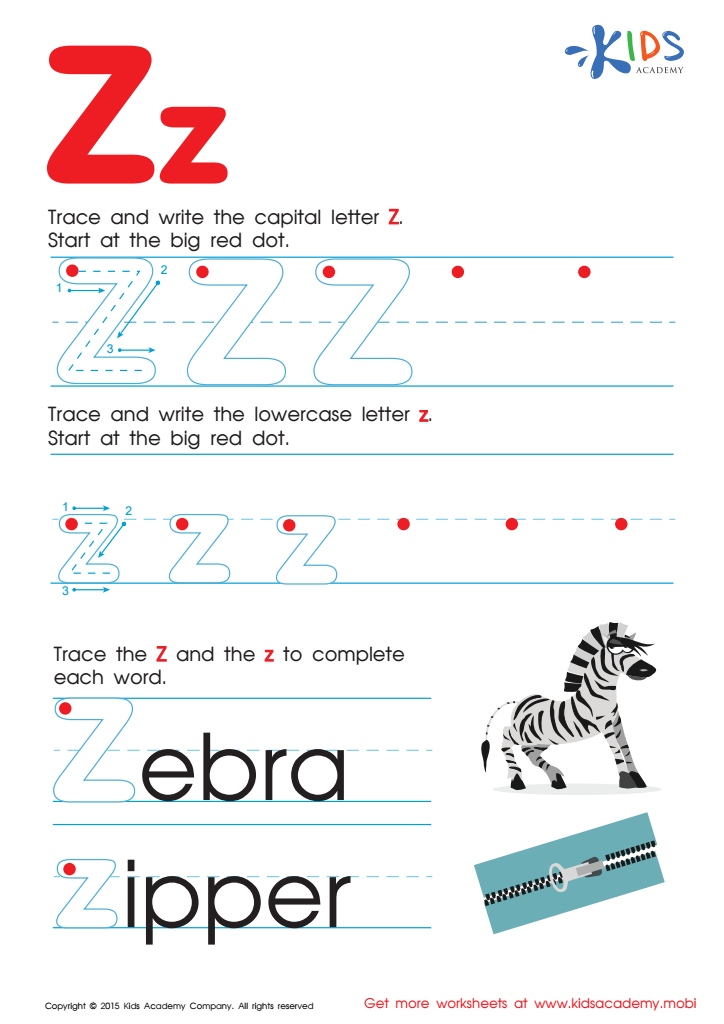

Letter Z Tracing Page


Letter R Tracing Page
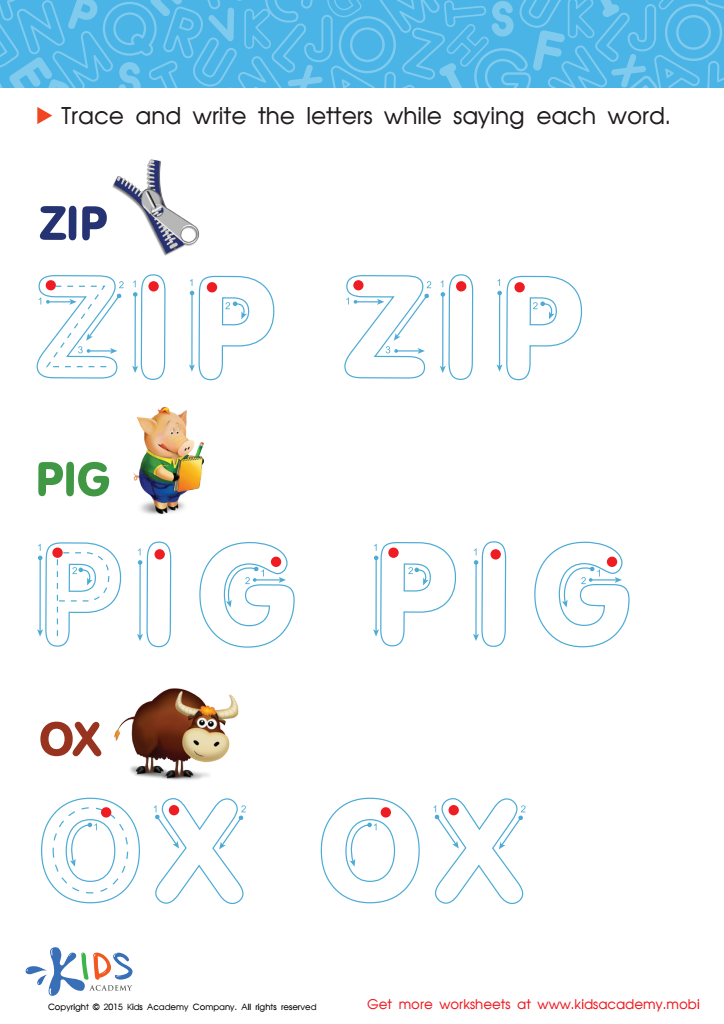

A Zip, a Pig and an Ox Spelling Worksheet


Letter X Tracing Page
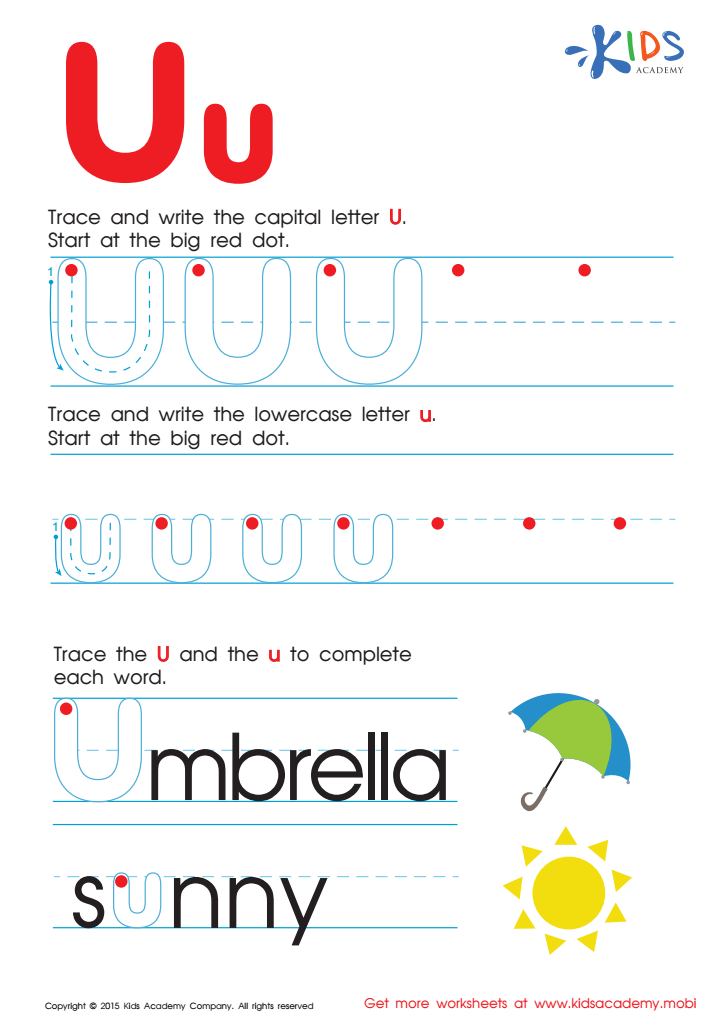

Letter U Tracing Page
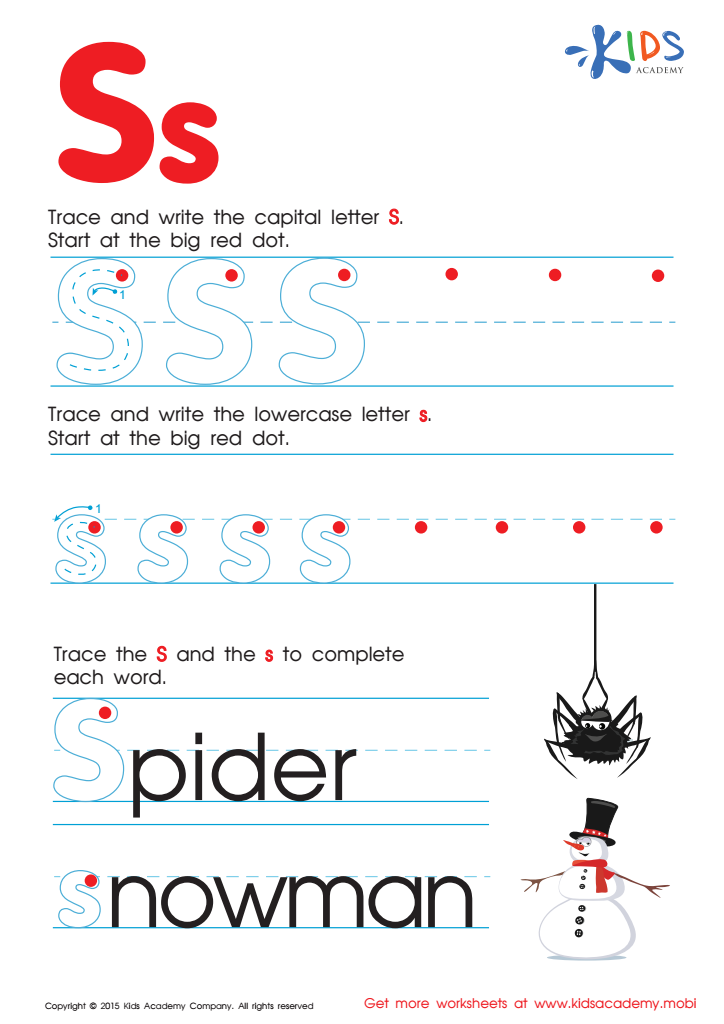

Letter S Tracing Page
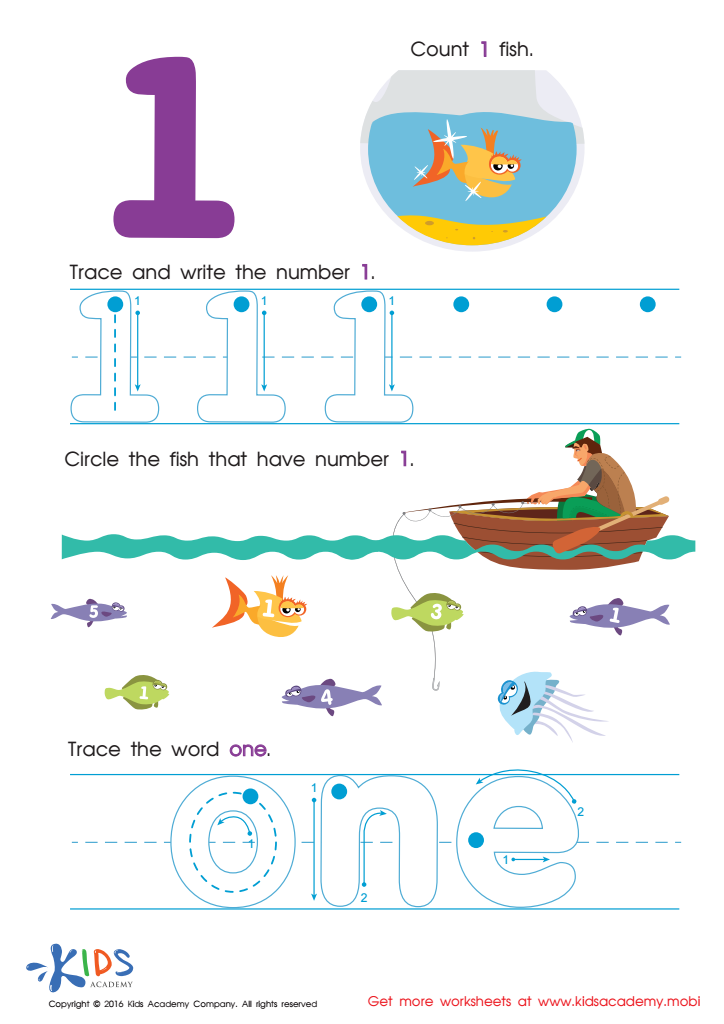

Learning to Write 1 Worksheet
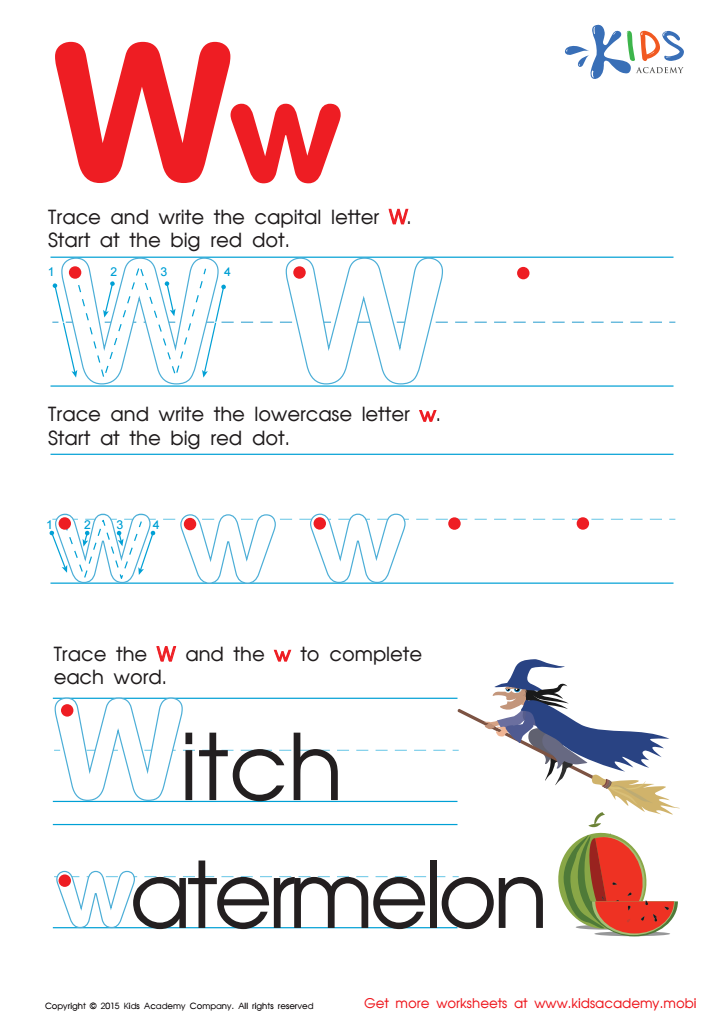

Letter W Tracing Page
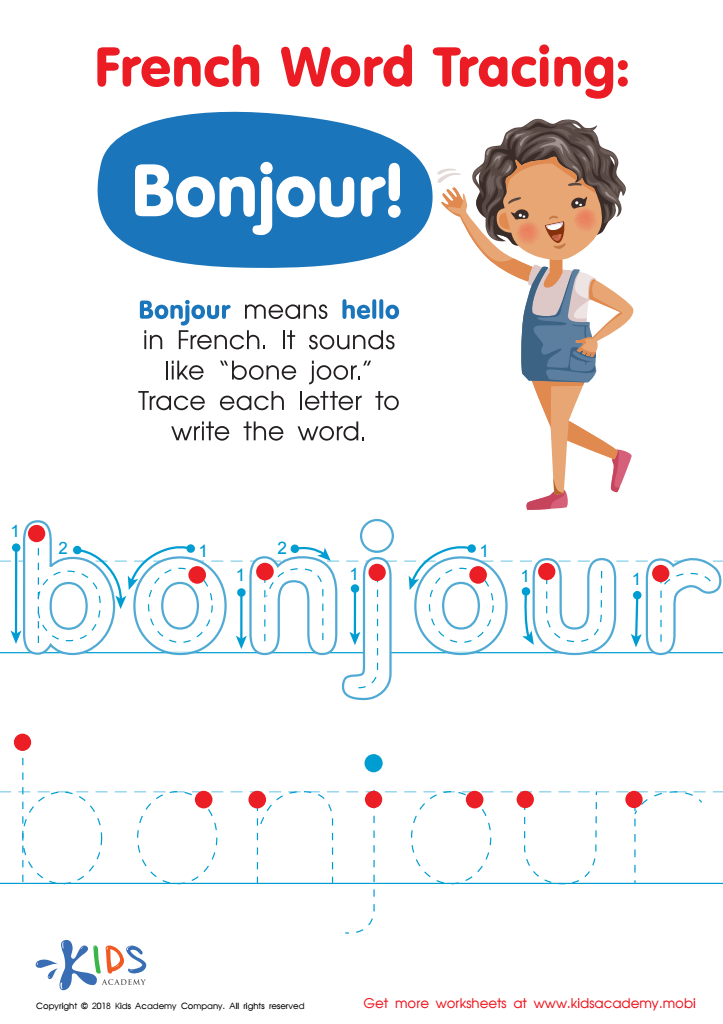

French Word Tracing: Bonjour Worksheet
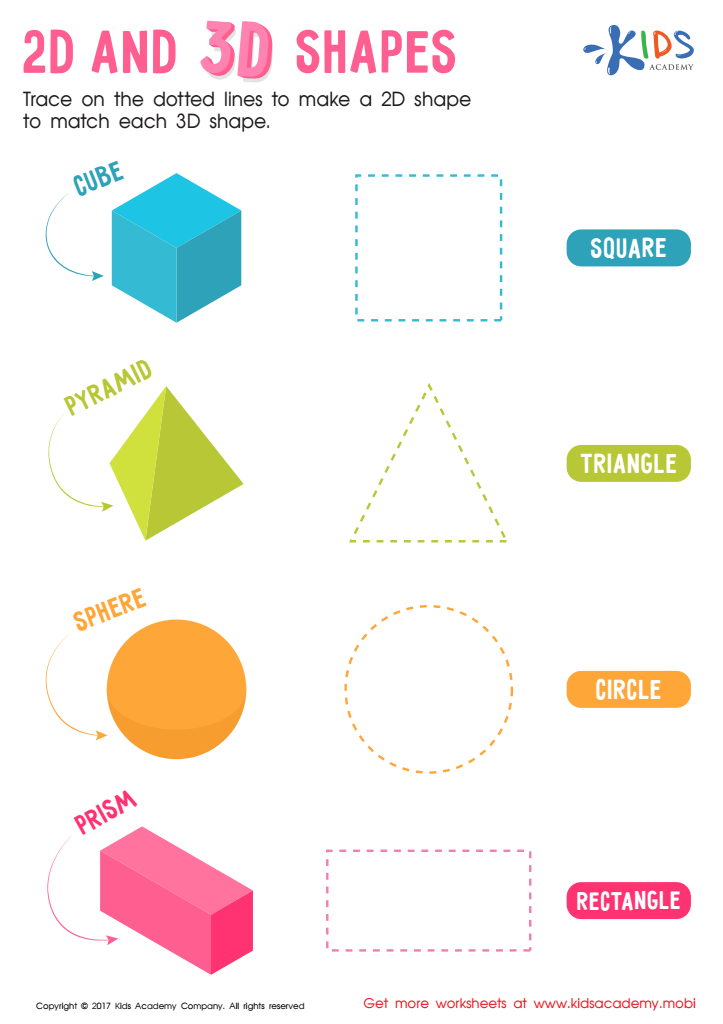

2D and 3D Shapes Worksheet
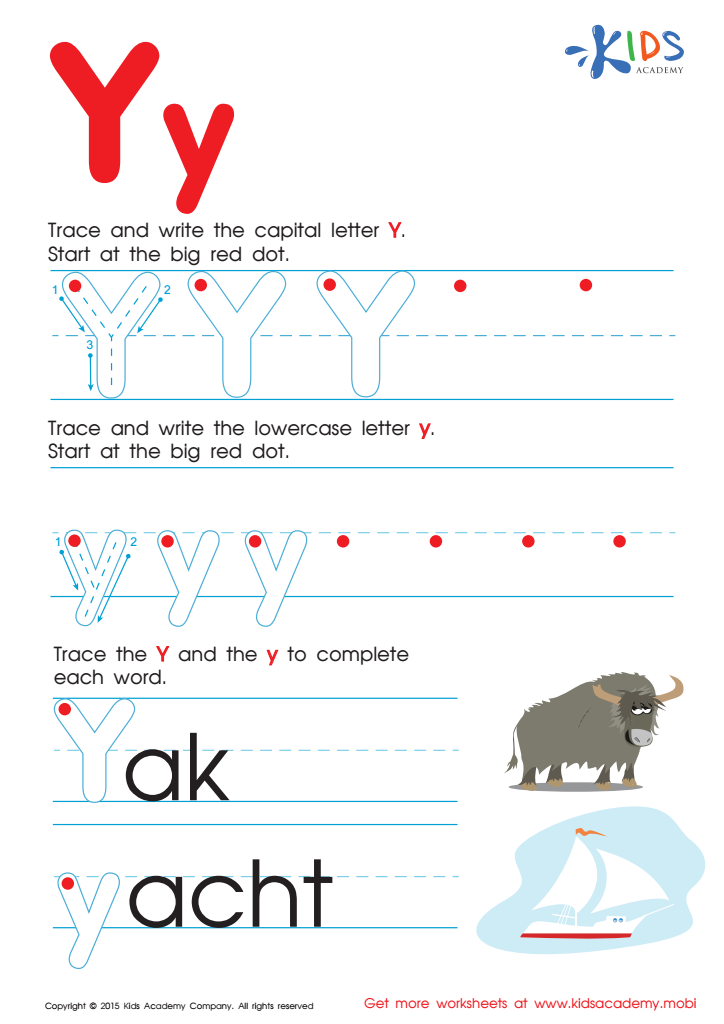

Letter Y Tracing Page
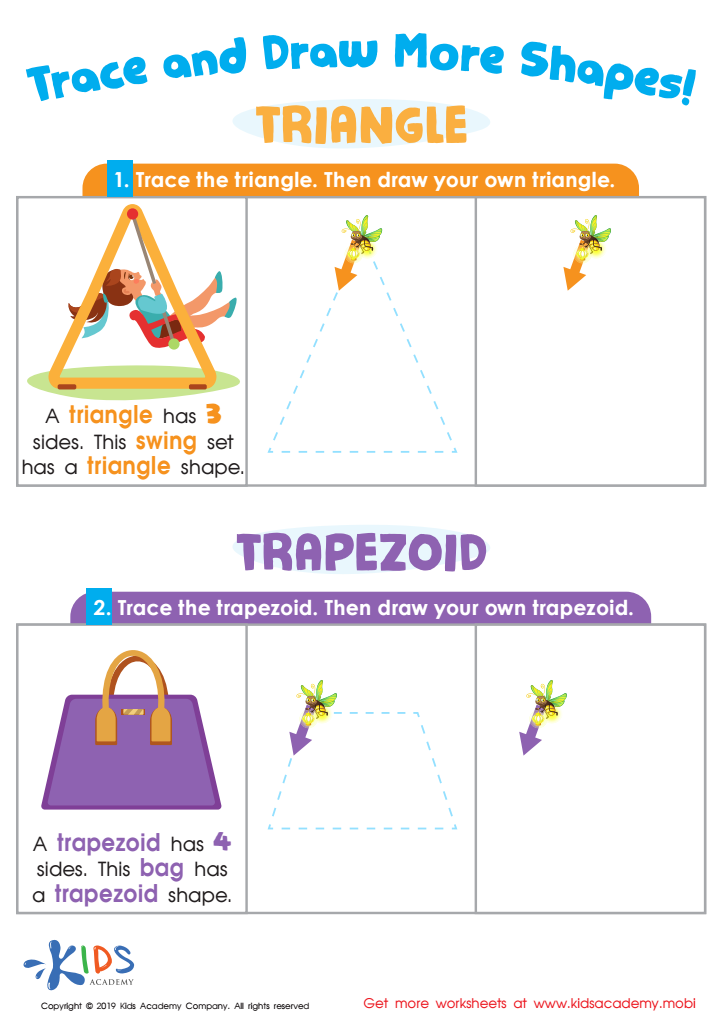

Trace and Draw More Shapes Worksheet
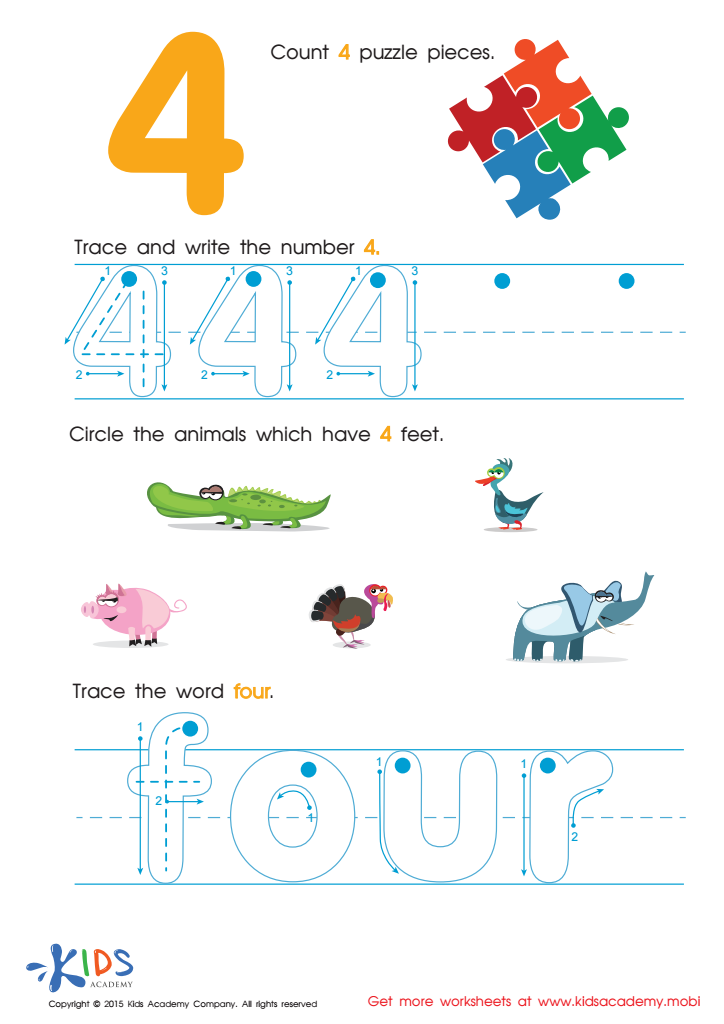

Teaching Children to Write Number 4 Worksheet
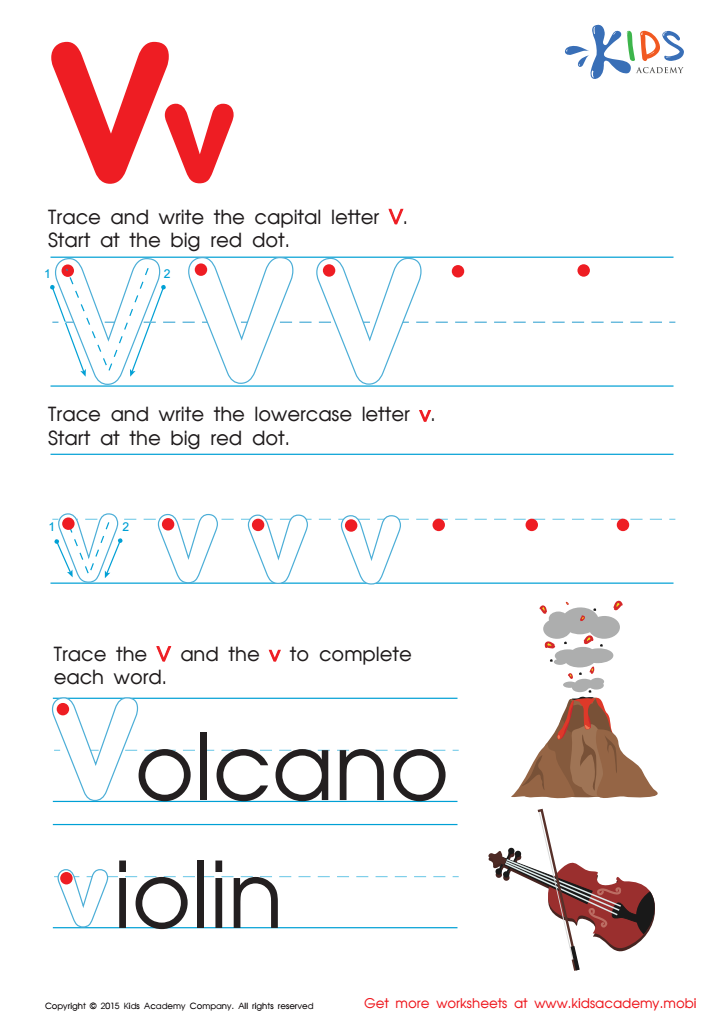

Letter V Tracing Page
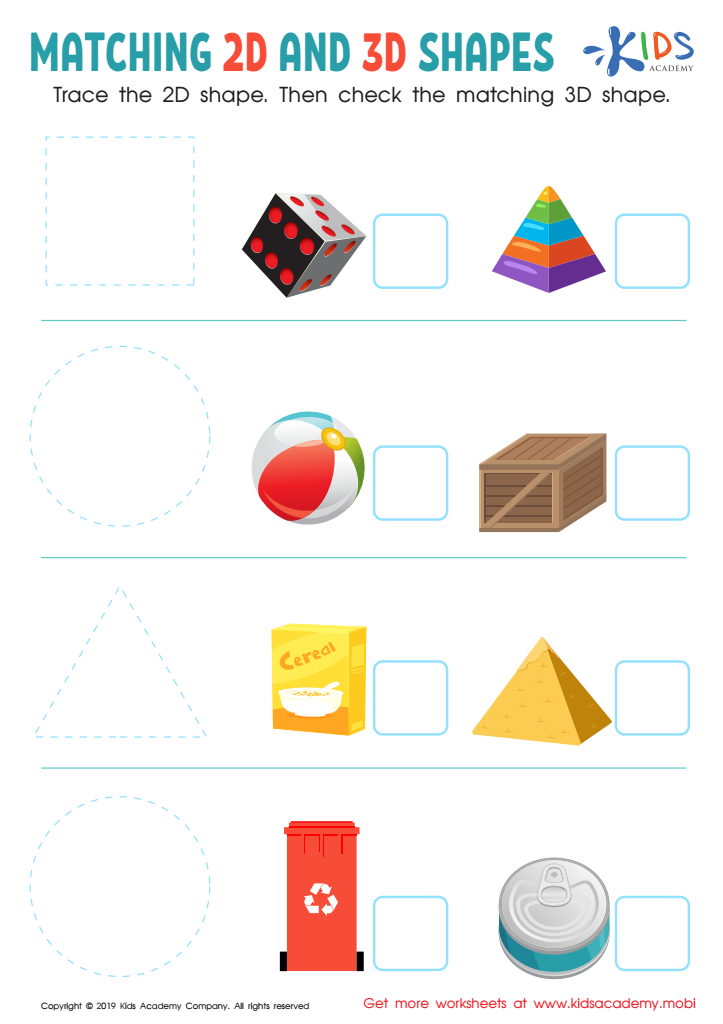

Matching 2D and 3D Shapes Worksheet


Santa Claus Tracing Winter Words Worksheet
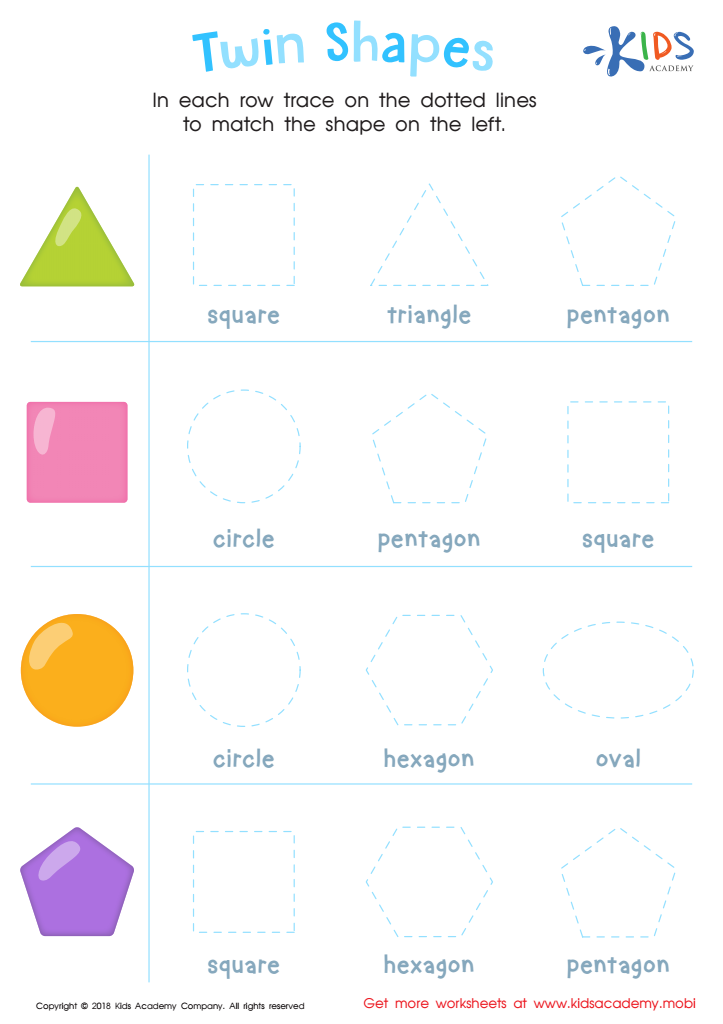

Twin Shapes Dot-to-Dot Worksheet
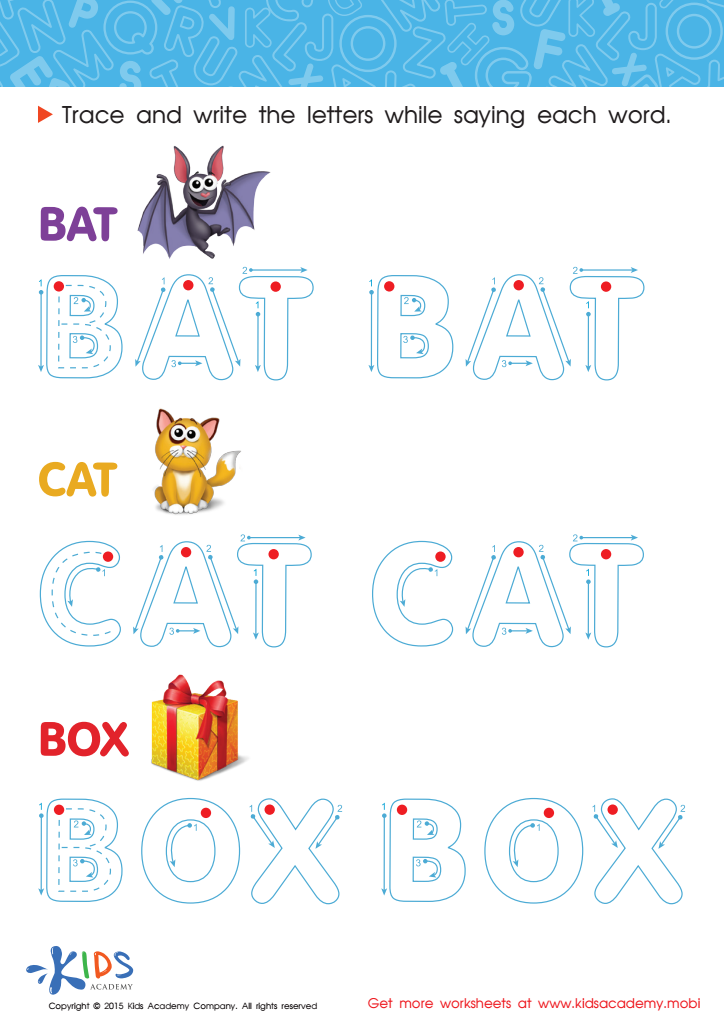

A Bat, a Cat and a Box Spelling Worksheet
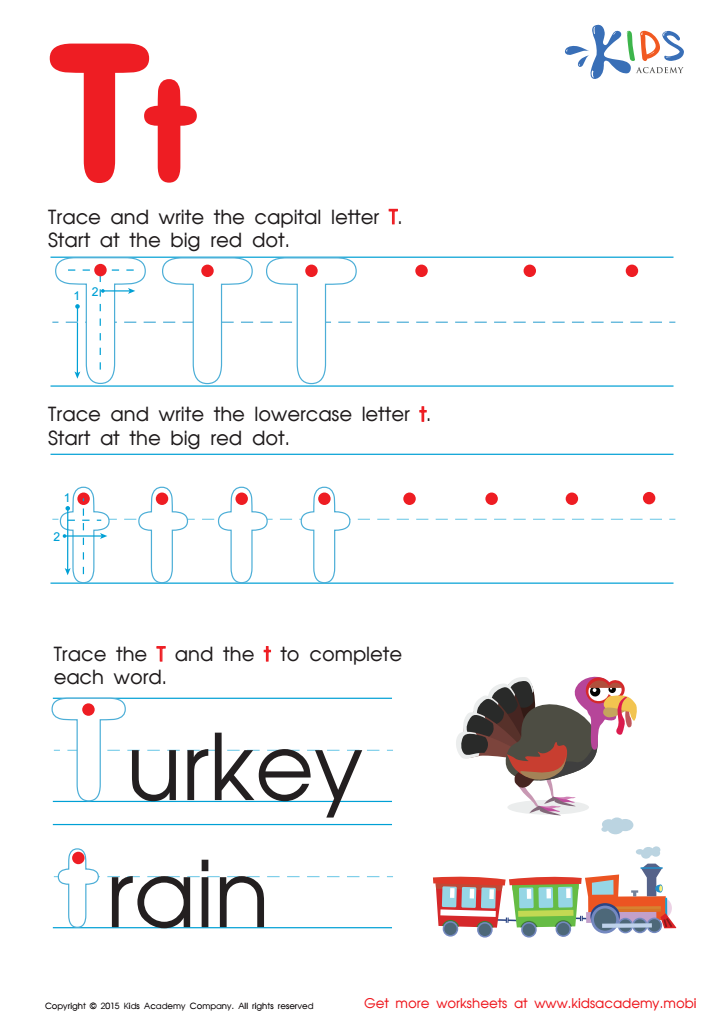

Letter T Tracing Page
Parents and teachers should prioritize Extra Challenge Tracing activities for children aged 4-8 as they play a vital role in developing key foundational skills. These activities enhance fine motor skills, which are essential for writing, drawing, and daily tasks. By tracing various shapes, letters, and numbers, children improve their hand-eye coordination and dexterity, laying the groundwork for effective writing techniques.
Moreover, tracing activities serve to reinforce visual perception and cognitive development. As children trace, they learn to recognize patterns and familiarize themselves with the structure of letters and numbers, aiding early literacy and numeracy skills. This preparatory learning is critical in boosting their confidence and motivation as they progress in their educational journey.
Additionally, Extra Challenge Tracing activities stimulate concentration and focus, skills necessary for cognitive control and attention span. Engaging in these activities can also foster creativity, allowing children to express themselves artistically while building critical pre-writing skills.
Overall, these activities are not just beneficial for fine motor development but also nurture essential cognitive skills, impacting a child's overall learning trajectory significantly. Thus, investing time in tracing exercises ensures that children are better equipped for future academic challenges.

 Assign to My Students
Assign to My Students
















